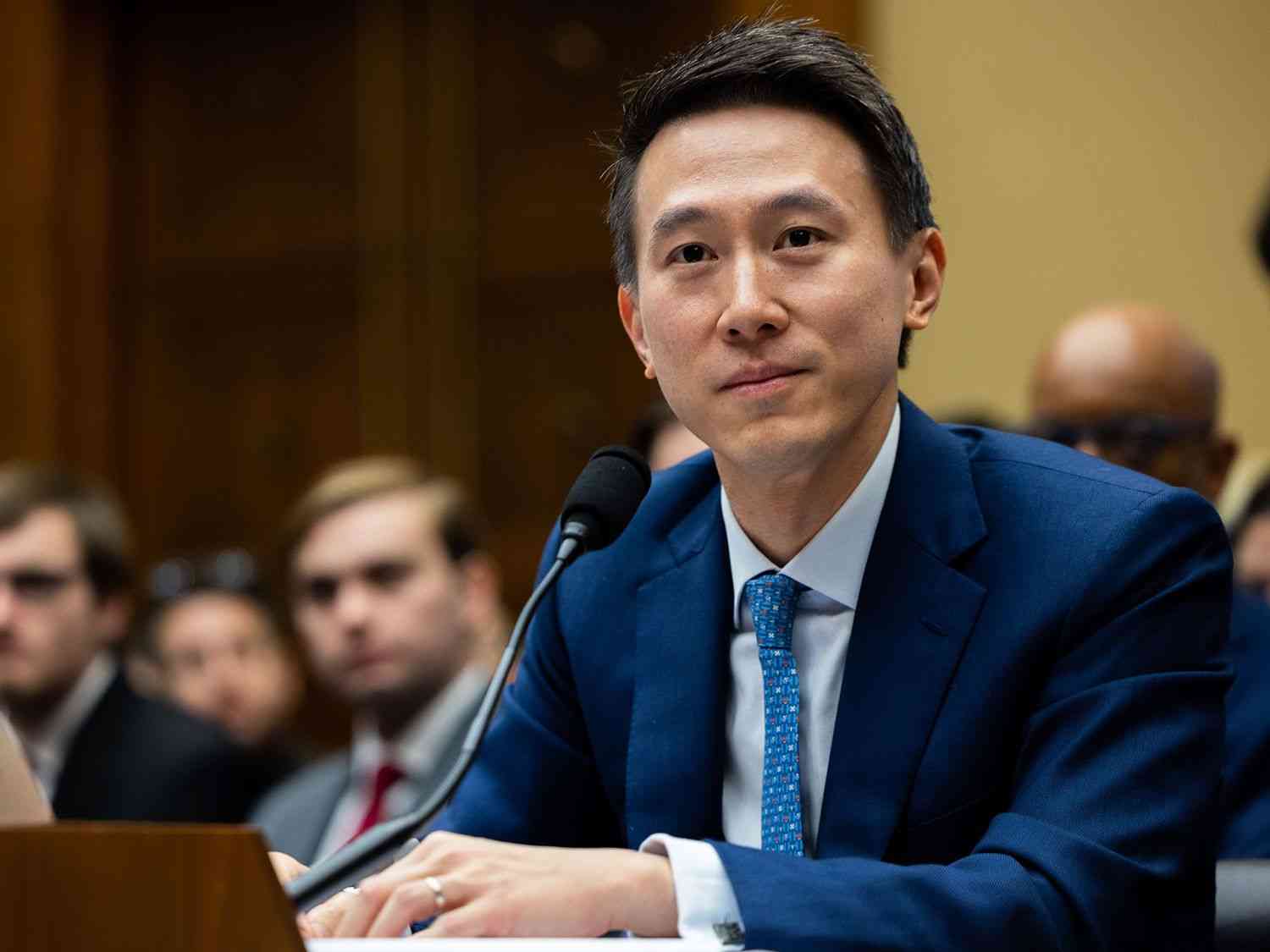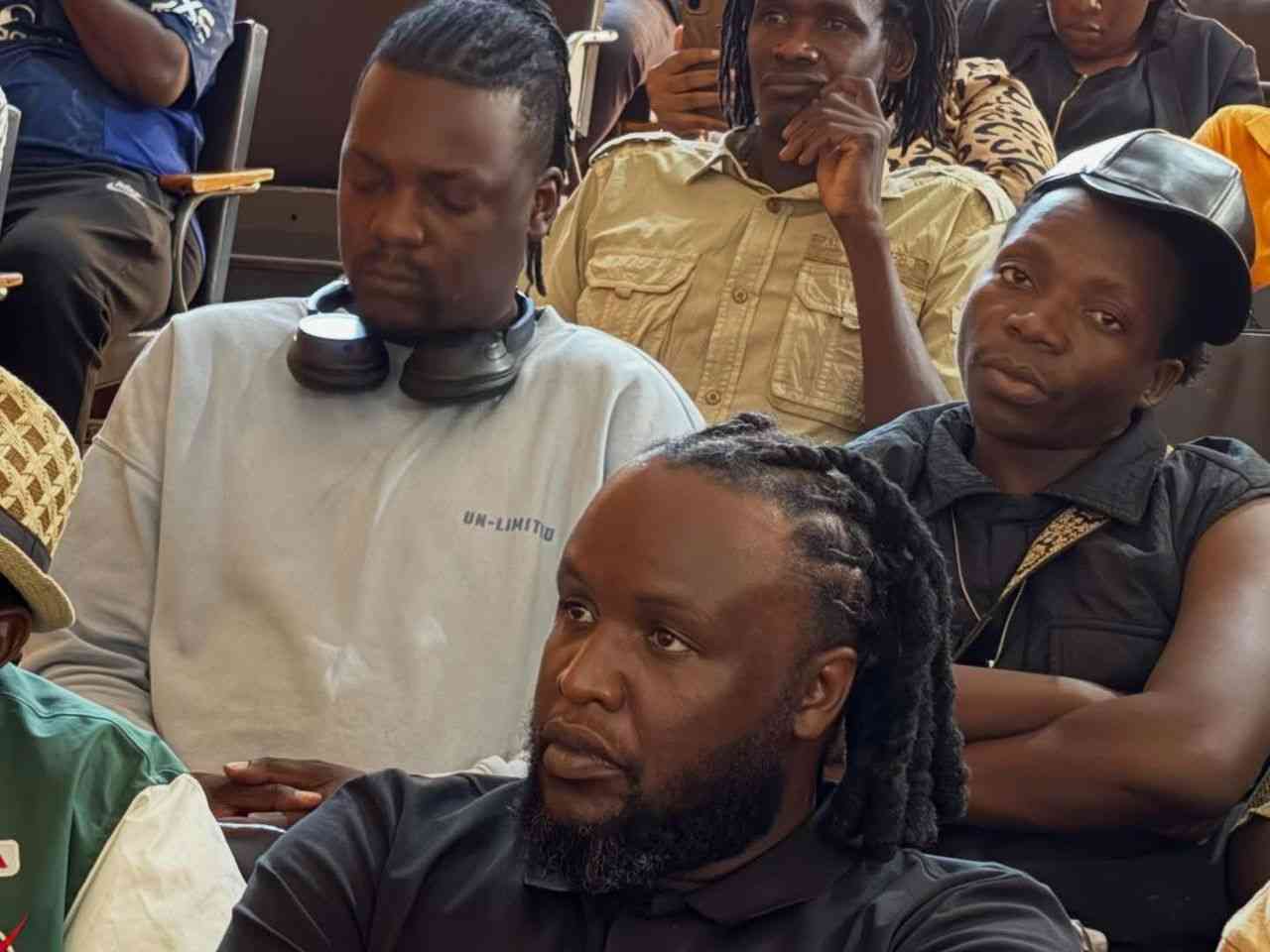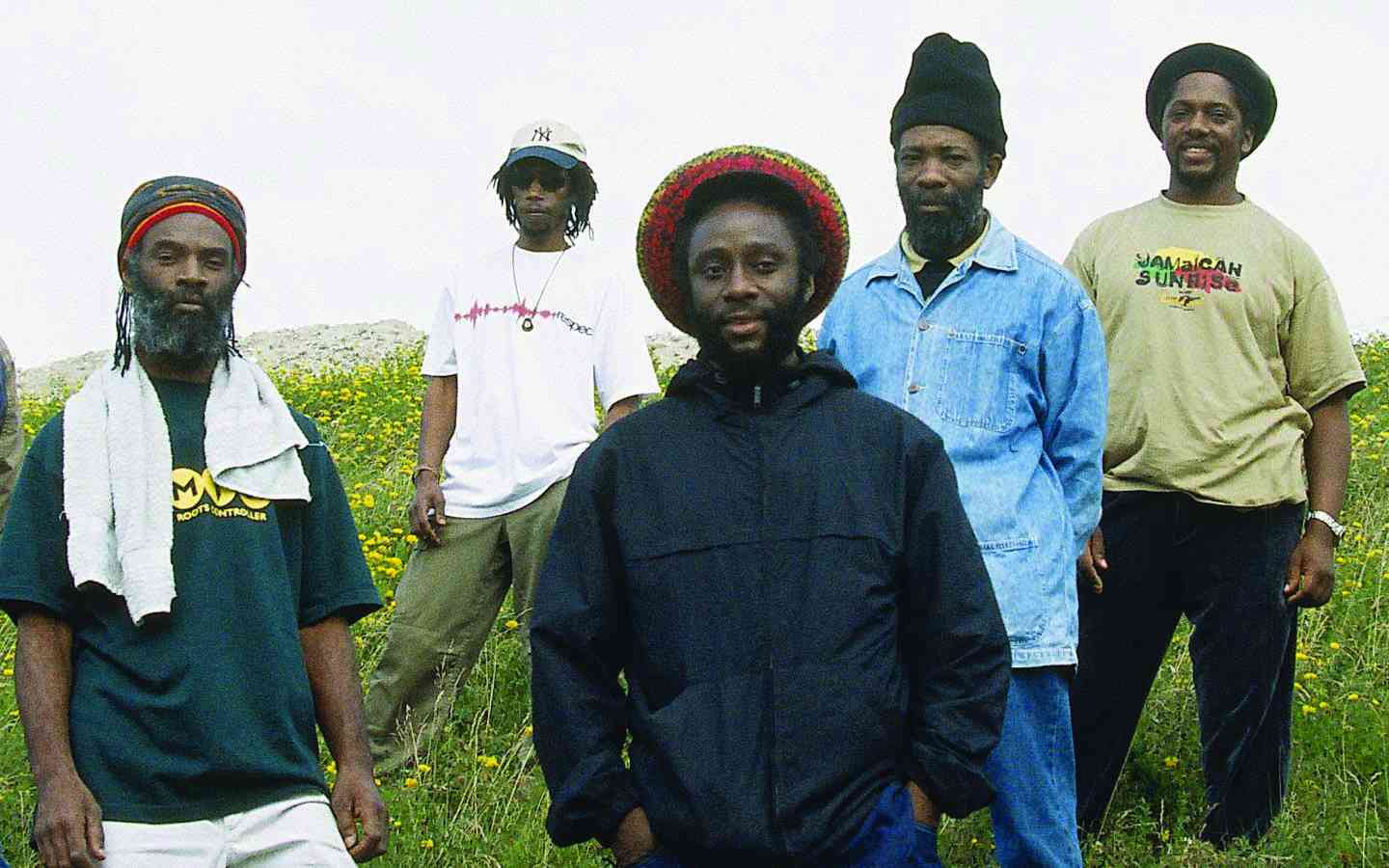
Since TikTok was launched internationally in 2016, it has become one of the most popular social media platforms for musicians to promote their music.
Musicians can reach an audience of over a billion users in one day all in one place.
Artistes can showcase unreleased music to get ahead on their marketing strategy.
The app gives musicians the opportunity to target their audiences with affordable advertisements.
The focus is less about quality and more about authenticity — less about perfect band press shots but all about candid short-form video content.
Knowing how the back end of TikTok works will allow musicians to take full advantage of the platform.
The TikTok algorithm makes recommendations for one’s unique content feed based on how much he/she interacts with the platform and the content that one likes to see. For example, if you add a 15 second snippet of your song to one of your videos, that video then appears on another users ‘For You’ page which gives them the opportunity to engage with your content. They can like, comment, share, and create their own video using the snippet of the song that you’re promoting. The algorithm makes it easy for new people to discover your music by simply allowing the process of audio copying which is a feature that other popular social media platforms like Facebook don’t have.
Many Zimbabweans have now engaged the TikTok platform for entertainment but in the United States, there are proposals to ban it because of its Chinese connection. The question is: Will Zimbabwe follow the same?
- The brains behind Matavire’s immortalisation
- Red Cross work remembered
- Accident, piracy affected my career: Zembe
- All set for inaugural job fair
Keep Reading
Here is the story:
Amid national security concerns, there is currently a raging debate in the United States of America about the presence of TikTok among over 170 million American users. The US cybersecurity agency determined that the app poses a security threat.
Legislation that could ban TikTok if its China-based owner doesn’t sell its stake has won a major boost as House Republicans included it in a package of bills that would send US aid to Ukraine and Israel. The proposal to ban TikTok in the US has garnered bipartisan support, passed one house of Congress, and looms as an issue in the 2024 presidential election.
TikTok has been under fire in the US for years while raising questions about data access laws. Those concerns led the US House of Representatives to pass legislation in March 2024 requiring the Chinese company ByteDance to sell off the social media app within six months or be banned from US stores and websites. The ban would force Apple and Google to remove TikTok from their app stores, and service providers could not make it available on browsers in the United States.
The bill known as the Protecting Americans from Foreign Adversary Controlled Applications Act passed the House by a 325-65 vote with overwhelming support from Republican and Democratic lawmakers.
Before the bill becomes law, it must be confirmed by the US Senate and signed by the president. President Joe Biden said he will sign the bill, leaving TikTok’s fate in the hands of the Senate, which has not scheduled a vote on it yet.
Former president Donald Trump — who favoured a TikTok ban while in office — now opposes a ban as he challenges Biden in the 2024 race for the White House.
TikTok has pushed back, rolling out a $2.1 million advertising campaign featuring US users discussing how the app has helped them and their businesses. Reflecting the political nature of the ban, TikTok focused its advertisements on US battleground states with tough 2024 Senate races to try to convince incumbents to block the House of Representatives ban.
TikTok claims more than 170 million Americans use the app, and nearly 5 million businesses have used it to start and grow their companies.
This is not the first time the United States has threatened to ban TikTok. The Trump administration attempted to block it in 2020. In February 2023, the Biden Administration banned TikTok on devices used by federal employees.
In March 2023, the FBI and US Department of Justice launched an investigation into allegations that TikTok spied on American journalists. TikTok CEO Shou Zi Chew appeared before the House Energy and Commerce Committee to defend the application on March 24, 2023. His testimony touched on TikTok's consumer privacy and data security policies, the platforms mental health impact and security concerns about the platform's parent company, ByteDance.
In January 2023, TikTok proposed a $1.5 billion plan called Project Texas to move all US data to the United States to allay privacy and security concerns. That plan, which transferred data to Oracle’s cloud and set up a US subsidiary to manage it, failed to sway Congress when it voted on its ban.
The United States wants to ban the application for several reasons, but mainly due to national security concerns. US lawmakers are concerned that ByteDance may leak US user data to the Chinese government if the Chinese government forced them to.
“Today, the CCP’s [Chinese Communist Party’s] laws require Chinese companies like ByteDance to spy on their behalf,” Committee Chair Rep. Cathy McMorris Rodgers, R-Wash., said during the hearing.
Shou Zi Chew told US lawmakers that China-based ByteDance employees would have access to some US TikTok user data until Project Texas is implemented. TikTok does not condone any effort by its own employees to access US user data.
TikTok releases a transparency report where it discloses formal legal requests for user data. The biannual information request report shows how many requests were made in each country. According to the latest report, requests for information by law enforcement reached an all-time high in the first half of 2022, with 4,054 total requests around the globe.
Zimbabwean authorities are currently concerned with the posting of exclusive content on TikTok which is not suitable for under-age children. Musicians who exploit the use of TikTok to market their songs also depend on this app. This has huge implications for musicians and music industry professionals in Zimbabwe, which like other African nations is not immune to challenges in infrastructure and access.
Despite these challenges, the country has produced many talented artists who have gained recognition beyond its borders. The rise of digital platforms and the internet has also provided new opportunities for Zimbabwean musicians to reach a global audience.
The digital space is important, especially for artistes without an appropriate marketing budget. You can get on a platform like TikTok for free and market your music there without having to fork out thousands of dollars. And now there’s monetisation for your music from music organisations such as Zimura and other platforms like YouTube, Spotify and Instagram. You can earn without having to perform unlike previous eras where you only had to perform to earn from your music.
Every testimonial in the United States’ congressional hearing touched on different topics, but some of the main focuses included the following:
Addictiveness: While TikTok’s addictiveness is a concern, it has a feature that tells users to leave the application after 60 minutes.
Misinformation: TikTok claims it does not allow misinformation as part of its community guidelines and actively works to remove it. It also does not accept political ads.
Children’s safety: There are many concerns over children abusing or misusing the application. However, TikTok has different UX for users under 13. For example, they cannot go viral and cannot use the private messaging feature and they also have other concerns including mental health.
The US already bans the application on federal and public sector employees’ phones and on state employees’ phones in 32 of 50 states. Several states have also recently sued TikTok. The first state to sue the company was Indiana, on claims that the application serves users inappropriate content and violates consumer protection laws in its data collection practices. Another lawsuit came from Arkansas, which sued TikTok, ByteDance and Facebook’s parent company, Meta, over claims that the companies violate the Deceptive Trade Practices Act.
Montana was the first US state to pass legislation banning TikTok on all personal devices. The bill was to go into effect in January 2024, but a federal judge temporarily blocked the ban in November 2023, saying it likely violated the First Amendment. The law would have prevented the app from operating within the state and fined app stores that hosted TikTok within state lines up to $10,000 per day. A final decision in the matter will be made following a trial expected sometime in 2024.
Several universities have also banned the app on their networks.
The United States is not the only country that has full or partial TikTok bans in place. Partial bans are usually limited to government or public sector employees. Full bans apply to all citizens.
Some countries have full or partial bans on TikTok, including Afghanistan, Australia, Belgium, Canada, Denmark, European Union, France, India, Iran, Kyrgyzstan, Latvia, Nepal, New Zealand, Norway, Somalia and United Kingdom.
Other countries have banned TikTok in the past and have since rescinded the bans. Two examples are Indonesia and Pakistan, which both banned the application temporarily due to explicit content. Will Zimbabwe follow suit? I wonder!
- Feedback: [email protected]










